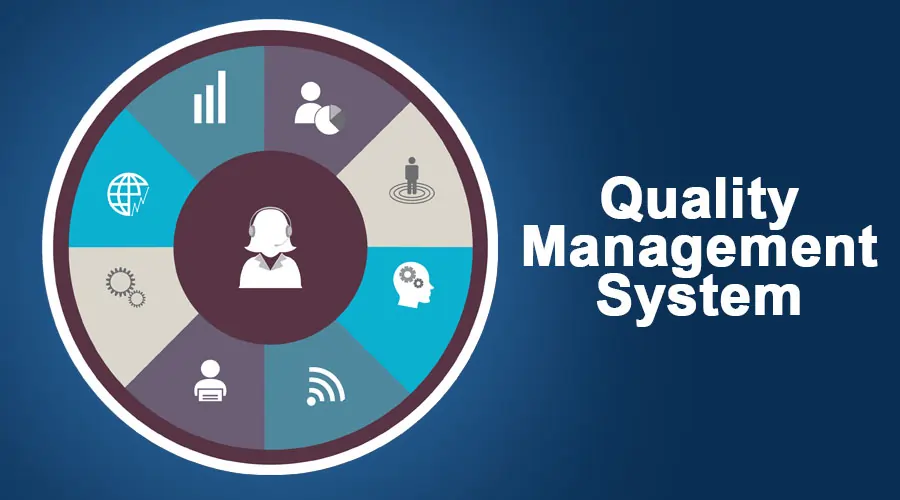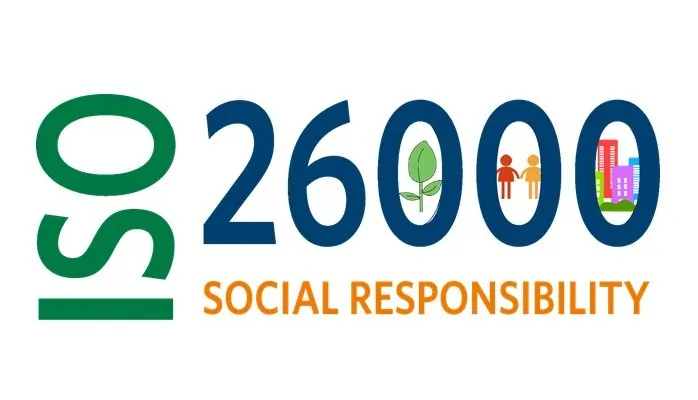A Quality Management System (QMS) is a structured and systematic approach to managing an organization’s quality processes and ensuring that they meet customer needs and expectations. A QMS provides a framework for identifying, analyzing, and improving processes and procedures to enhance the organization’s overall efficiency and effectiveness.
Customer satisfaction is a key aspect of quality management systems (QMS). The ultimate goal of any business is to satisfy its customers by providing them with high-quality products and services. In today’s highly competitive business environment, the importance of customer satisfaction cannot be overstated. Satisfied customers are more likely to be repeat customers, recommend your products or services to others, and give positive reviews. This is where a well-implemented QMS can help businesses achieve customer satisfaction.
In today’s world, businesses are facing a range of challenges related to quality control, efficiency, and compliance. Organizations need to ensure that they are meeting legal requirements, minimizing risks, and adhering to best practices to maintain a competitive edge. One tool that businesses can use to achieve these goals is an ISO audit. In this article, we will explore what an ISO audit is, how it works, and why it is important for businesses.
As businesses have become more aware of their impact on society and the environment, there has been an increasing emphasis on social responsibility. In response to this, the International Organization for Standardization (ISO) has developed a series of standards to help businesses demonstrate their commitment to social responsibility. These standards are known as the ISO 26000 series and provide a framework for businesses to identify and address their impact on society and the environment. In this article, we will explore the ISO 26000 series and its importance for businesses.
The medical equipment industry plays a crucial role in healthcare delivery systems across the world. These equipment are used by healthcare providers to diagnose, treat, and monitor patients. As a result, the quality and safety of medical equipment are of utmost importance to healthcare providers and patients alike. To ensure that medical equipment meets the required standards, the International Organization for Standardization (ISO) has developed various standards that manufacturers must comply with. In this article, we will discuss the various ISO standards that are applicable to the medical equipment industry.
The food industry is one of the largest and most important industries in the world. As a result, there are a variety of food industry standards that are in place to ensure that food products are safe for consumption and meet certain quality requirements. In this article, we will explore some of the most important food industry standards that companies should be aware of.
How to achieve competitive advantage by obtaining the ISO certificate? In today’s global marketplace, businesses face intense competition, with rivals from around the world vying for market share. To remain competitive, companies need to have a competitive advantage that sets them apart from their competitors. One way to achieve this is by obtaining an ISO certificate.
The International Organization for Standardization (ISO) is a non-governmental, independent organization that develops and publishes international standards for various industries and fields. It was established in 1947, and since then, it has become a global standard-setting body. ISO works to promote standardization and facilitate international trade by providing a common framework for quality management, environmental management, information security, and other areas of interest.
Environmental management is an important aspect of sustainable development. Organizations that are committed to minimizing their environmental impact can benefit from implementing an Environmental Management System (EMS) that meets international standards. The most widely recognized standard for EMS is the International Organization for Standardization (ISO) 14001. However, another standard that is gaining popularity is the European Standard EN ISO 14001:2015, which is essentially the same as ISO 14001 but with some additional requirements specific to European Union (EU) regulations.










